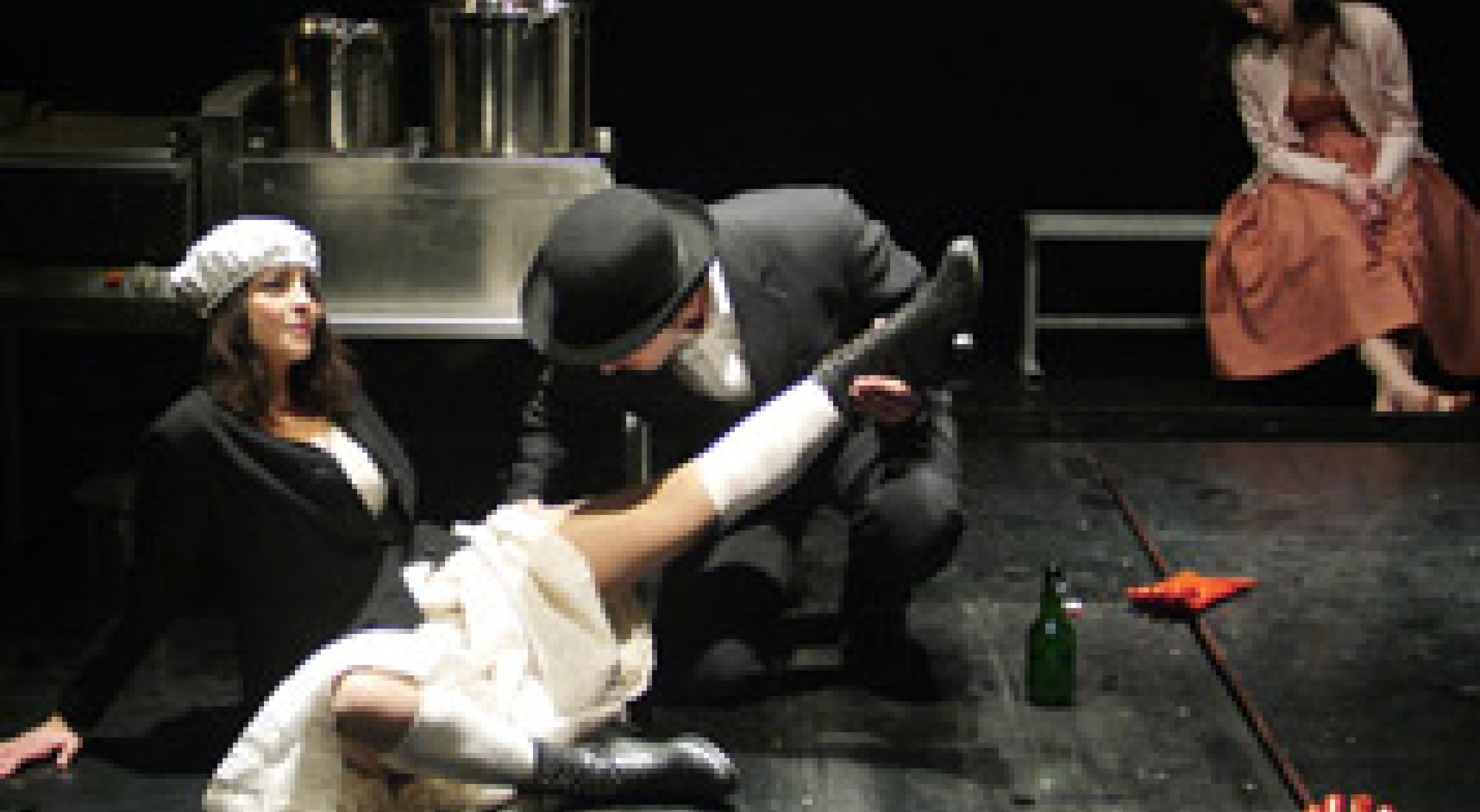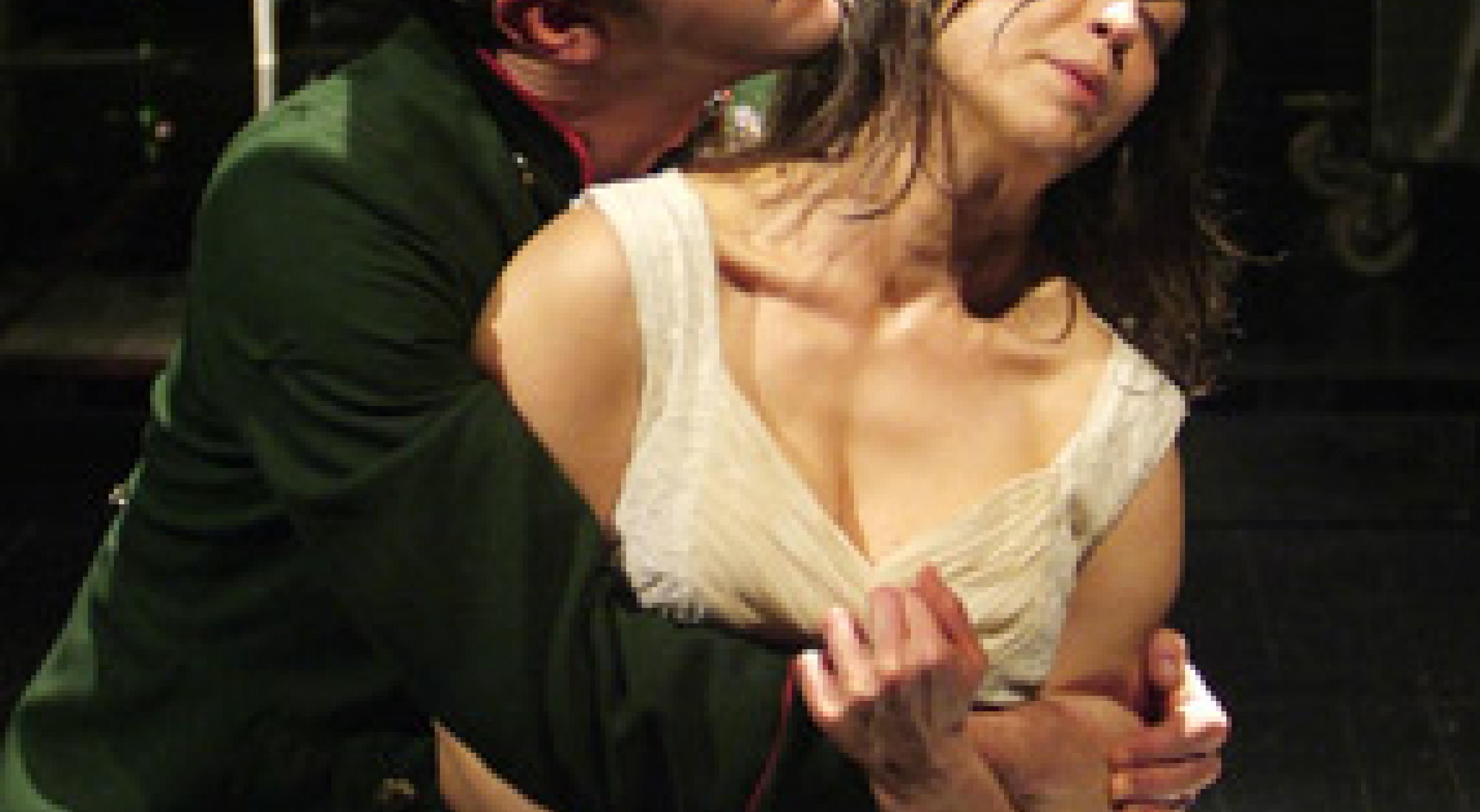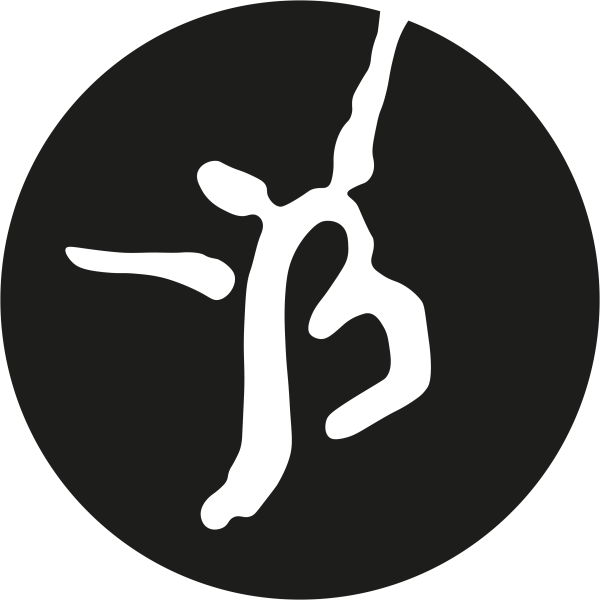Ivan Dobtchev / Margarita Mladenova
Teatro Sfumato/Margarita Mladenova/Ivan Dobchev Trilogie August Strindberg
Julie, Jean et Kristine
Archive 2008
Théâtre de la Bastille
octoberoct 20 – 26
octoberoct 20 – 26
1/2
Julie, Jean et Kristine
by August Strindberg
Director, Margarita Mladenova
Scenography and costumes, Daniela Oleg Liakhova
Music, Assen Avramov
With Albena Georgieva, Hristo Petkov, Miroslava Gogovska
Produced by the Teatro Sfumato – Sofia
Co-realized by the Theâtre de la Bastille, Festival d’Automne à Paris
The Strindberg Trilogy has been supported by the Onda
A play presented during the European Cultural Season in France (1st of July- 31st of December)
by August Strindberg
Director, Margarita Mladenova
Scenography and costumes, Daniela Oleg Liakhova
Music, Assen Avramov
With Albena Georgieva, Hristo Petkov, Miroslava Gogovska
Produced by the Teatro Sfumato – Sofia
Co-realized by the Theâtre de la Bastille, Festival d’Automne à Paris
The Strindberg Trilogy has been supported by the Onda
A play presented during the European Cultural Season in France (1st of July- 31st of December)
Julie, Jean & Kristine, the first part of the trilogy, is based on one of Strindberg’s naturalistic drama entitled Mademoiselle Julie (1888). It stages the relationship between a young countess and her valet and explores the destructive forces at work in desire.
Julie, Jean and Kristine
The anxious idea with which the philosophers from first part of 20 century live busies me: What happens to the human - notably after the wars - as he has stopped being an absolute object of the civilization? He already isn’t in its centre. In these last phases there are other goals. The human stands marginal respectively to these goals. Right this civilization of the technologies, of the money, etc. starts to produce other type of human. Thing happens to the classic human and he changes in some metamorphosed effigy for which there isn't God, there aren't unwritten laws, notions as conscience and ethics are considered for anachronisms. The absurdity is that this civilization keeps him and he starts to destroy her foundations. This type and the procedure of its constitution is a centre in the glimpse to Strindberg precisely. As every mega talent and ace, he enmeshes in an embryo the hidden from everybody eyes phenomena and warns what happens, if this position recognizes itself and doesn't start is stood by the human. It is not recognized, is not numbered and we are already in the times in which the civilized barbarian holds the rules of the game, it had stayed its e-the world belongs to him, everything else are small marginal alcoves that are keen on other values.
The fears and the nightmares of Strindberg are the fears and the nightmares of a string, of a human's vibration that sees more of another.
We step on this. It superimposes itself with our great anxiety, with the permanent subject of Sfumato - not to deliver the human to the amnesia
for this that the human's spirit has achieved himself.
Margarita Mladenova
Julie, Jean and Kristine
The anxious idea with which the philosophers from first part of 20 century live busies me: What happens to the human - notably after the wars - as he has stopped being an absolute object of the civilization? He already isn’t in its centre. In these last phases there are other goals. The human stands marginal respectively to these goals. Right this civilization of the technologies, of the money, etc. starts to produce other type of human. Thing happens to the classic human and he changes in some metamorphosed effigy for which there isn't God, there aren't unwritten laws, notions as conscience and ethics are considered for anachronisms. The absurdity is that this civilization keeps him and he starts to destroy her foundations. This type and the procedure of its constitution is a centre in the glimpse to Strindberg precisely. As every mega talent and ace, he enmeshes in an embryo the hidden from everybody eyes phenomena and warns what happens, if this position recognizes itself and doesn't start is stood by the human. It is not recognized, is not numbered and we are already in the times in which the civilized barbarian holds the rules of the game, it had stayed its e-the world belongs to him, everything else are small marginal alcoves that are keen on other values.
The fears and the nightmares of Strindberg are the fears and the nightmares of a string, of a human's vibration that sees more of another.
We step on this. It superimposes itself with our great anxiety, with the permanent subject of Sfumato - not to deliver the human to the amnesia
for this that the human's spirit has achieved himself.
Margarita Mladenova
In the same place


